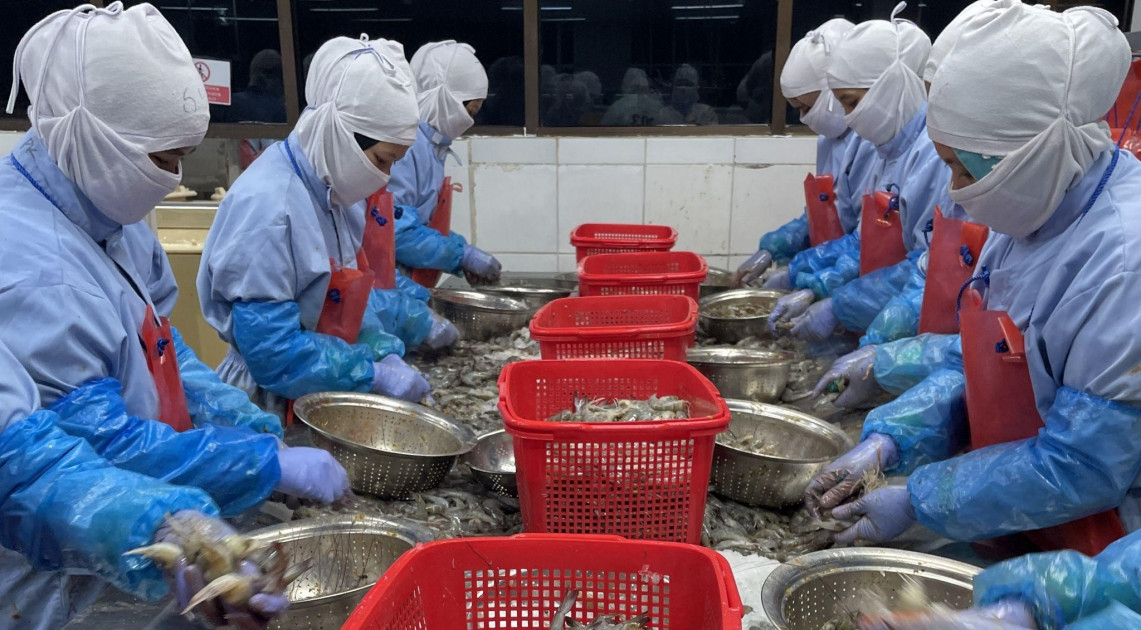Indonesia has achieved another milestone in strengthening its seafood industry as six national fish processing units have officially received approval from the Saudi Food and Drug Authority (SFDA). This recognition is a direct result of the rigorous oversight and international collaboration of Indonesia’s National Agency of Drug and Food Control (BPOM). The approval opens wider access for Indonesian fish processing exports to the Saudi market, signaling new opportunities for the country’s fisheries sector and its global trade ambitions.
The decision marks a significant achievement for Indonesian fish processors that have long sought expanded entry into Middle Eastern markets. With Saudi Arabia being one of the largest importers of seafood in the Gulf region, this approval is expected to boost Indonesia’s competitiveness and solidify its reputation as a reliable exporter of safe and high-quality fishery products.
The Role of BPOM in Strengthening Export Standards
BPOM has played a central role in elevating Indonesian food safety standards, particularly in the fisheries sector. Over the past decade, the agency has consistently worked to align Indonesia’s safety measures with international standards such as those required by the SFDA. The approval of six fish processing units represents the fruit of years of regulatory strengthening, inspection, and technical guidance provided to the industry.
This achievement highlights how regulatory bodies can serve as catalysts for trade expansion. By ensuring compliance with international requirements, BPOM not only protects domestic consumers but also empowers local businesses to access premium global markets. For Indonesian fish processing exports, this alignment with Saudi regulations is proof that the sector is ready to compete at a higher level.
Strategic Importance of Saudi Arabia for Indonesian Fisheries
Saudi Arabia is a critical export destination due to its growing demand for seafood products. With limited domestic fish production and a high dependence on imports, the country provides fertile ground for Indonesia to expand its fish processing exports. According to data from the Ministry of Marine Affairs and Fisheries, Saudi Arabia ranks among the top importers of seafood in the Middle East, with consumption continuing to rise annually.
For Indonesia, securing access to Saudi Arabia’s market means more than just higher trade volume. It also opens doors to broader Middle Eastern and North African markets, where food safety and religious compliance, such as halal certification, play pivotal roles. Indonesian fish processors who meet Saudi standards are better positioned to penetrate neighboring markets like the United Arab Emirates, Qatar, and Kuwait.
Opportunities for Indonesian Fish Processing Exports
The approval of these six units is expected to stimulate new investments in the fisheries value chain. Exporters will likely scale up operations, invest in better technology, and expand distribution networks to meet the growing demand. Moreover, this recognition may inspire other Indonesian processing units to upgrade their facilities and pursue similar approvals, creating a ripple effect across the sector.
The achievement also aligns with Indonesia’s broader national strategy to become a leading global seafood exporter. The government has repeatedly emphasized the importance of fisheries as a driver of non-oil and gas exports. With the Middle East offering strong purchasing power, Indonesian fish processing exports are poised to play a crucial role in boosting national trade performance.
Challenges That Remain in the Fisheries Sector
Despite the progress, Indonesia still faces structural challenges in fully maximizing its fish processing exports. Infrastructure limitations, inconsistent supply chains, and the need for further modernization in small and medium-scale facilities remain pressing issues. Additionally, global competition from countries like Vietnam, India, and Thailand means Indonesia must continuously innovate and maintain strict compliance with international standards.
Another challenge is ensuring sustainability in fisheries. While expanding exports is vital, Indonesia must also protect its marine resources from overfishing and environmental degradation. Adopting sustainable fishing practices will be essential to ensuring the long-term growth of fish processing exports and maintaining trust with international buyers.
Global Impact of Indonesia’s Success
Indonesia’s achievement with Saudi approval has implications beyond trade. It positions the country as a model for other developing nations seeking to strengthen their regulatory frameworks and enhance global market access. By showcasing how strong domestic oversight can translate into international recognition, Indonesia underscores the importance of regulatory diplomacy in the modern global economy.
The approval also strengthens bilateral relations between Indonesia and Saudi Arabia, extending cooperation beyond traditional areas such as labor and pilgrimage management. Fisheries now stand as another bridge connecting the two nations, with potential for even broader collaboration in food security and agricultural investment.
Future Outlook for Indonesian Fish Processing Exports
Looking ahead, Indonesia’s seafood industry is set to benefit significantly from this breakthrough. With six fish processing units already certified for Saudi exports, the stage is set for expansion. Industry stakeholders expect an increase in export volume, which could bring substantial foreign exchange earnings and job creation for local communities.
If Indonesia can replicate this success in other markets, particularly within the European Union and North America, the country’s fish processing exports could become a cornerstone of national economic growth. For now, the Saudi approval is a milestone that reaffirms Indonesia’s readiness to be a global seafood powerhouse.
Read More






 Wednesday, 04-02-26
Wednesday, 04-02-26







